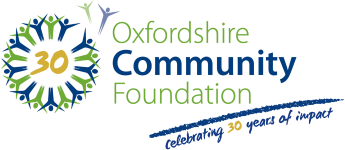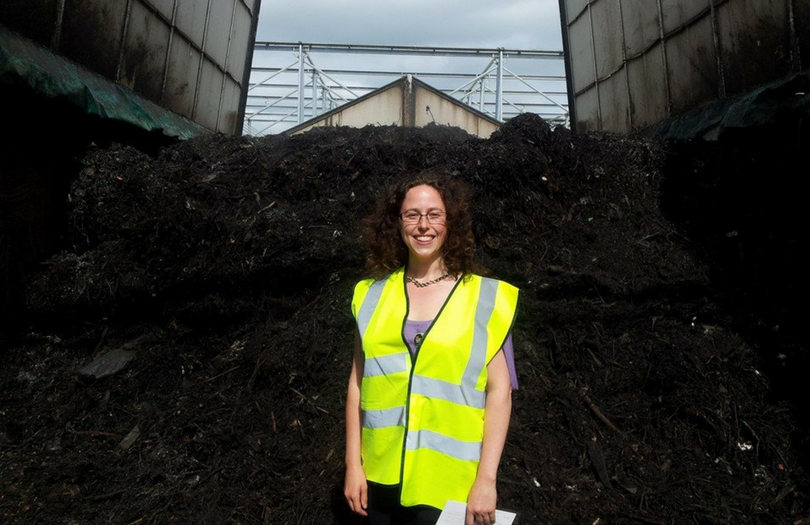Good Food Oxford was launched in December 2013 in order to help support the existing work of many organisations in and around the city working to make our food system more nourishing, less wasteful and more sustainable. OCF continues to support GFO as they grow.
OCF became involved with GFO when one of our key donors and fundholders highlighted their work and wanted to support it. GFO describes itself as a “backbone organisation”, and the group’s work has demonstrated its ability to catalyse new initiatives and collaborations, and encourage more joined-up thinking and policy around food issues.
GFO’s recently published annual report summarises a year of impressive growth, which has focused on three areas: good food businesses, good food for all, and reducing food waste. In particular, the charity published a groundbreaking food poverty report looking at the nature and drivers of food poverty locally, and exploring ways in which GFO might engage with residents in Oxford’s most deprived neighbourhoods, including Barton and Rose Hill, where the study was based.
The research paints a picture of families regularly concerned about lack of food due to low incomes, and that have chaotically structured eating habits and very little nutritional variety. GFO’s work also reveals how the very fact of living in a deprived area can exacerbate food poverty, with a very limited number of shops selling quality food at affordable prices to families without access to their own transport. Community initiatives in response to the findings, such as cookery classes, communal lunches for older people and families, and sports and exercise clubs, are now being developed using existing networks working within Rose Hill, Barton and Blackbird Leys.
OCF has supported GFO through the Fund for Sankalpa – a named fund hosted by OCF on behalf of a major donor, who wanted a cost-effective and efficient alternative to creating their own private trust. Sankalpa gave Good Food Oxford over £100,000 towards its core costs during 2015–16. This enabled project support for a 24-month period, and monitoring and evaluation of the project using a Community Impact Modelling Tool.

